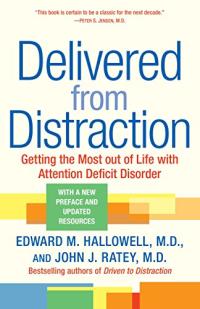
Computer Resources for People with Disabilities: A Guide to Assistive Technologies, Tools, and Resources for People of All Ages
Completely updated, with 40 percent new material, this is an indispensable guide for people with disabilities who wish to improve their lives through computer technology. It lists what’s available and how best to use it; provides names of organizations, vendors, and online resources; and tells the stories of real people of all ages who are using technology successfully.


